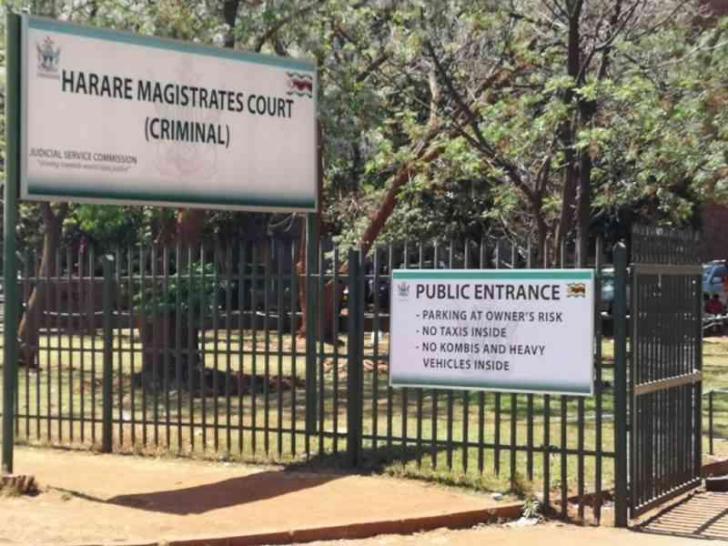News / National
Councillors acquitted in residential stands allocation case
04 Dec 2024 at 06:36hrs |
0 Views

Seven members of the Harare City Council's Finance and Development Committee accused of illegally allocating themselves residential stands have been acquitted by Harare regional magistrate Donald Ndirowei.
The councillors - Costa Mande (40), Gilbert Thamsanqa Hadebe (51), Maxwell Dutuma (29), Loveness Gomba (46), Happymore Gotora (47), Ian Muteto Makone (73), and Stanley Manasi Manyenga (40) - were facing charges of criminal abuse of office or, alternatively, corruptly concealing a personal interest in transactions.
However, the court ruled in their favor, dismissing the charges at the close of the State's case after finding no evidence to substantiate the allegations.
In his judgment, Magistrate Ndirowei stated that the prosecution had failed to establish a prima facie case against the accused councillors.
"All the witnesses, including senior council officials, confirmed that no protocol was violated. The councillors were eligible for residential stands if they applied," said Magistrate Ndirowei.
He further noted that none of the State witnesses' testimonies supported the claims made by the complainant, Mr. Shepherd Chikomba, and pointed out that the accused had no authority to override the responsibilities of council departments tasked with land allocation.
The State had alleged that the councillors abused their positions by allocating themselves residential, commercial, and industrial stands during council meetings in late 2022. The accusations included claims that they temporarily left meetings to allow their colleagues to approve stands for them, before returning to allocate stands to others.
The council's Finance and Development Committee had reportedly recommended that 20% of all residential stands in Harare be allocated to council employees, including councillors.
Senior council officials testified that the allocation process adhered to standard operating procedures and that the councillors acted within their rights. Evidence presented in court also indicated that the recommendations for the stand allocations were adopted and unanimously approved by the council.
The acquittal of the seven councillors highlights a lack of evidence to support claims of misconduct in the allocation of residential stands. The judgment underscores the importance of clear protocols and transparent processes in managing public resources to avoid similar controversies in the future.
The councillors - Costa Mande (40), Gilbert Thamsanqa Hadebe (51), Maxwell Dutuma (29), Loveness Gomba (46), Happymore Gotora (47), Ian Muteto Makone (73), and Stanley Manasi Manyenga (40) - were facing charges of criminal abuse of office or, alternatively, corruptly concealing a personal interest in transactions.
However, the court ruled in their favor, dismissing the charges at the close of the State's case after finding no evidence to substantiate the allegations.
In his judgment, Magistrate Ndirowei stated that the prosecution had failed to establish a prima facie case against the accused councillors.
"All the witnesses, including senior council officials, confirmed that no protocol was violated. The councillors were eligible for residential stands if they applied," said Magistrate Ndirowei.
He further noted that none of the State witnesses' testimonies supported the claims made by the complainant, Mr. Shepherd Chikomba, and pointed out that the accused had no authority to override the responsibilities of council departments tasked with land allocation.
The State had alleged that the councillors abused their positions by allocating themselves residential, commercial, and industrial stands during council meetings in late 2022. The accusations included claims that they temporarily left meetings to allow their colleagues to approve stands for them, before returning to allocate stands to others.
The council's Finance and Development Committee had reportedly recommended that 20% of all residential stands in Harare be allocated to council employees, including councillors.
Senior council officials testified that the allocation process adhered to standard operating procedures and that the councillors acted within their rights. Evidence presented in court also indicated that the recommendations for the stand allocations were adopted and unanimously approved by the council.
The acquittal of the seven councillors highlights a lack of evidence to support claims of misconduct in the allocation of residential stands. The judgment underscores the importance of clear protocols and transparent processes in managing public resources to avoid similar controversies in the future.
Source - The Herald
Join the discussion
Loading comments…



























